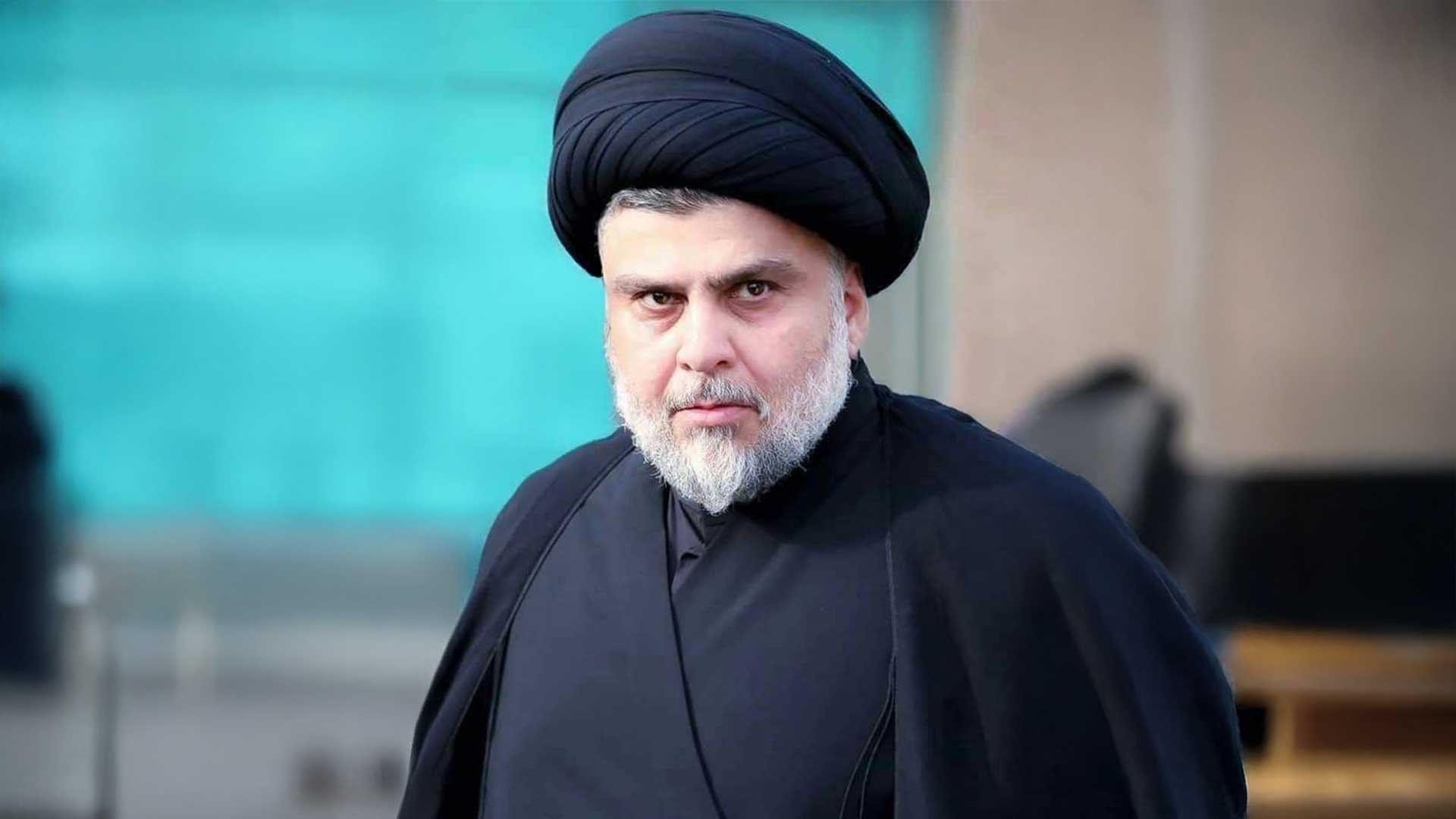Sadr Bans Use of Family Name in Campaigns, Urges Iraqis Not to Vote for the Corrupt
Muqtada al-Sadr: Our Silence Doesn’t Mean Approval of Political Corruption

ERBIL (Kurdistan24) — Shiite cleric and influential Iraqi political leader Muqtada al-Sadr issued a stern warning on Saturday against the exploitation of his family name, especially the legacy of the two revered martyrs from the al-Sadr family, in ongoing election campaigns. He emphasized that his name must not be used under any circumstances—whether directly or indirectly, explicitly or implicitly.
In a statement posted on his X account, Sadr expressed concern over the growing use of religious and familial symbols in political marketing as elections draw closer. “Everyone is busy with the election campaign, during which the people are only remembered. Outside of it, they are forgotten,” he remarked pointedly.
Sadr’s directive began with a clear prohibition: “The use of the al-Sadr family name, particularly the two martyred Sadrs, is strictly forbidden. It is haram [religiously prohibited] to use the name in any form—whether direct, indirect, hinted, or declared—by any party or individual,” he stated.
In his second point, Sadr acknowledged the poverty many Iraqis endure and addressed the phenomenon of vote-buying. “The poor and needy are entitled to take whatever is distributed by corrupt individuals, on the condition that they do not vote for them or hand over their electoral cards. That money is yours, not theirs. They owe you, not the other way around. A corrupt person may try to appear righteous, but he remains guilty,” he asserted.
Reiterating his third message from previous occasions, Sadr wrote: “I’ve said it before and I’ll say it again: our silence is a form of speech. One meaning of this is that our silence regarding their corruption does not imply our approval. Do not believe them.”
— مقتدى السيد محمد الصدر (@Mu_AlSadr) May 31, 2025
Muqtada al-Sadr, a polarizing and powerful figure in Iraqi politics, is known for his nationalist and anti-corruption rhetoric. His movement draws its legitimacy partly from the religious prestige of the al-Sadr family, notably Grand Ayatollah Mohammad Sadeq al-Sadr and Grand Ayatollah Mohammad Baqir al-Sadr—both martyred clerics who opposed former regimes in Iraq.
As Iraq approaches its next election cycle, Sadr’s remarks highlight rising concerns over political opportunism and the manipulation of revered symbols and religious identities for electoral gain. His statement serves as a reminder of his movement’s distancing from conventional political practices and reflects growing public disillusionment with Iraq’s entrenched political class.
This is not the first time Sadr has warned against the misuse of religious or familial legacy; however, the renewed emphasis suggests rising tensions and internal rivalries as various blocs compete for influence ahead of the vote. His rejection of vote-buying and appeal to public integrity could shape voter behavior, especially among Iraq’s poorer communities often targeted by political patronage.
